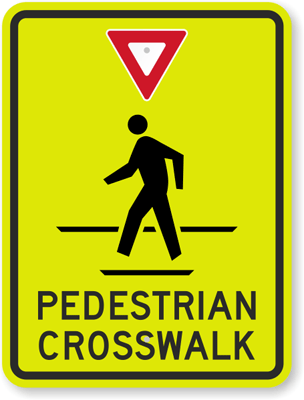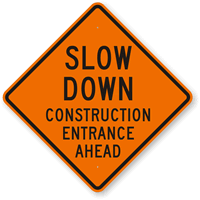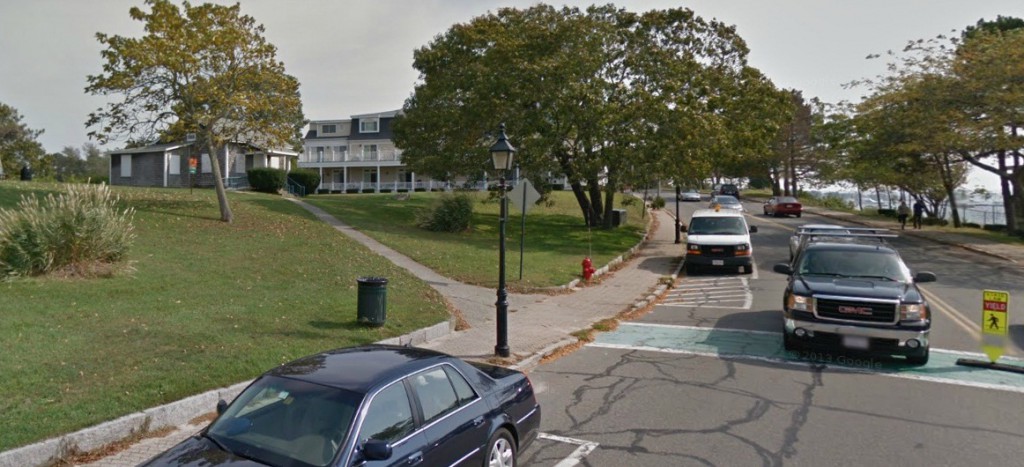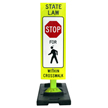Boston neighborhoods try to be more walkable

375 out of 1544 pedestrians injured in accidents died (2006-11), according to MassTRAC. Image by roadtrafficsigns.com.
A city’s walkability is proportional to its economic prosperity, because walkable places do better business by attracting an influx of millennials who prefer easier commutes to larger homes. This shift toward pedestrian-friendly places then influences residential and commercial value and revenues earned in those neighborhoods- all contributing to the growth of a city.
Besides being a barometer of urban vitality, walkable areas are also a necessary safety component on roads. Across the country, many areas built from the 1950s to be automobile-friendly have lower-income households without cars. The roads serving these areas have not been geared for pedestrians’ needs, all too often meaning that people on foot risk their lives to get to the other side of the road.
Such a situation led to Atlanta mother Raquel Nelson’s four year old son’s death. Nelson decided to cross a five lane road from a bus stop to her home, instead of walking two-thirds of a mile out of her way to the nearest marked crosswalk. As she crossed, her son was killed by a hit and run driver.
Incidents like these have led other cities and towns around Boston to emphasize on increasing pedestrian safety. Although Boston has a walkability score of 79, ranking third among most walkable large cities, there’s room for improvement in the areas around it.
Police departments get grants for pedestrian safety enforcement
The police departments of Dedham, Norton, Hull, Rockland, Wareham, and Quincy have received $3,000 and more in grants from the state to improve pedestrian safety. The grants have come at an important time when more people choose to walk, as summer brings in good weather.
Police officials are manning crosswalks and busy intersections to step up pedestrian safety enforcement. Some sting operations have also been launched, where officers in plain clothes use crosswalks to see how drivers respond. Police “had someone walking the crosswalk and officers on both sides stopping cars that don’t yield,” says Dedham Police Chief Michael D’entremont.
Extra patrols help police improve pedestrian safety
Wareham, which suffers an average of two pedestrian deaths annually, has welcomed the extra funds for enforcing safety rules. “We have had (recent) pedestrian accidents,” says Wareham police Lieutenant Kevin Walsh. “One was a fatality, a homeless man.”
Two officials on motorcycles monitored “dangerous spots” along Onset Avenue near the beach, which sees both more pedestrian and motor traffic during summer. They also kept an eye on a busy Route 6/28 crosswalk. “People run across the highway. It happens on a daily basis,” Walsh says.
In Quincy, the number of accidents went down after officials reviewed police data on accidents, increased enforcement, and educated drivers and pedestrians on “the need to be careful,” says mayoral spokesman Chris Walker.
“Regardless of whether you’re at a crosswalk, you’re never going to win a battle with a 2,000-pound piece of metal,” says Walker.
Improvements in pedestrian safety may bring more business in these areas
Creating pedestrian zones is an important urban strategy to redevelop communities.
In Quincy, creating a top-notch pedestrian environment through streetscaping and roadway upgrades has been the focus of city planners for a long time. Pedestrian amenities will bring in more people from downtown and encourage business growth.
In Dedham, officials have undertaken the task to improve the town square, currently thought of as unfriendly to pedestrians. Dedham Square Improvement Project may cost $6.1 million, but it’ll provide more walkable areas, which in turn will attract people and support local businesses.
Efforts to improve pedestrian safety in Boston neighborhoods fall in line with the state’s goal to triple travel by biking, walking, and public transit by 2030.
Category: News & New Products, Pedestrian safety



















